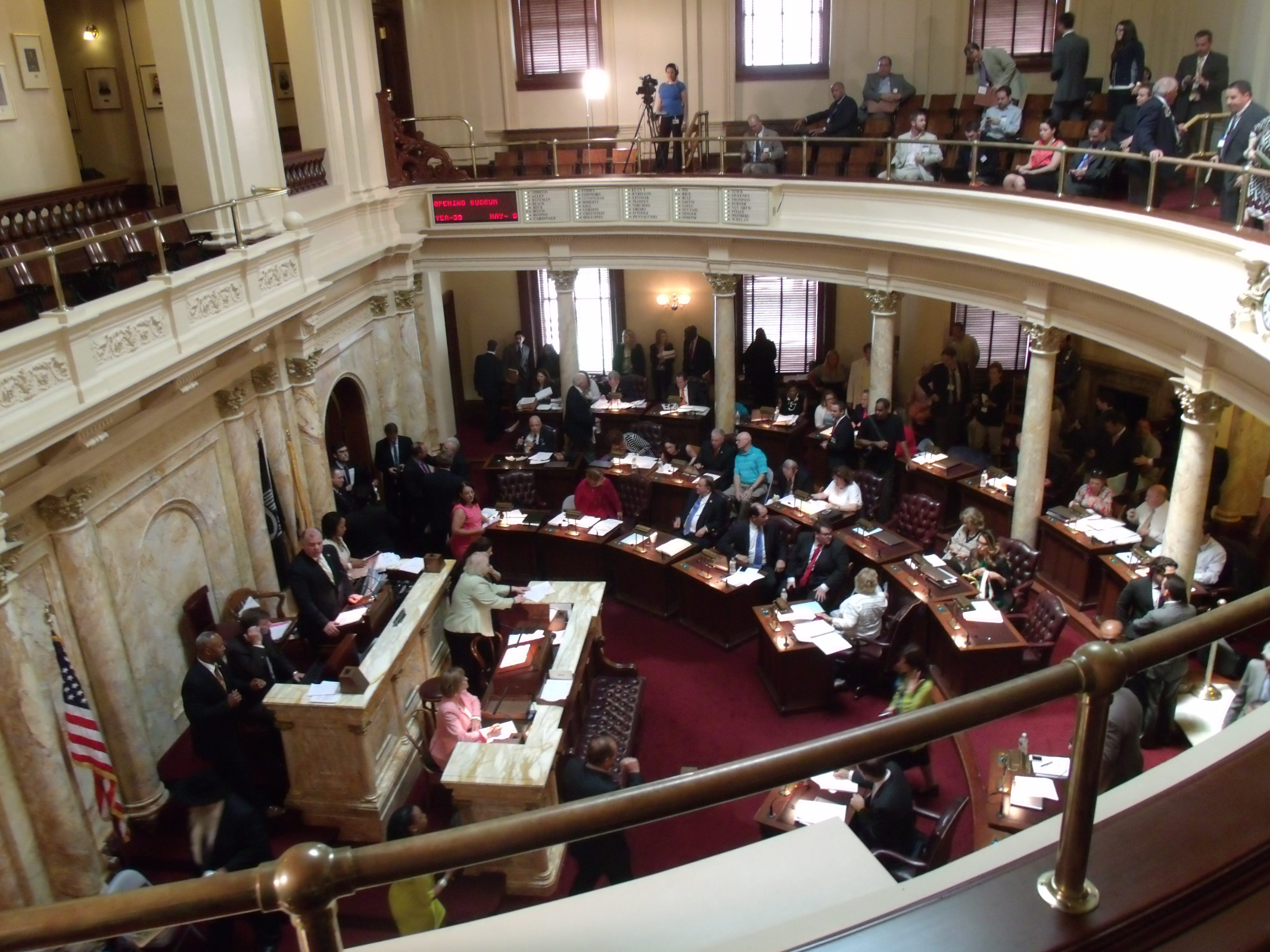Observers Believe Delay in Passage of NJ Tax Incentive Bill May Put Real Estate Deals at Risk
July 24, 2013
 A controversial piece of tax reform legislation failed to gain passage out of the New Jersey Senate prior to that body’s summer recess. Many of the bill’s advocates believe that the latest delay in deciding the fate of a piece of legislation that would substantially revamp the state’s corporate real estate incentive programs could prove extremely costly in terms of lost revenue and lost jobs.
A controversial piece of tax reform legislation failed to gain passage out of the New Jersey Senate prior to that body’s summer recess. Many of the bill’s advocates believe that the latest delay in deciding the fate of a piece of legislation that would substantially revamp the state’s corporate real estate incentive programs could prove extremely costly in terms of lost revenue and lost jobs.
The Economic Opportunity Act of 2013 passed the state assembly on May 20. The bill would consolidate five current real estate incentive programs down to just two. The bill would also extend some current tax incentives, such as offering bonuses for certain coveted industries, as well as broadening existing incentive programs by expanding their eligibility to include medium and small businesses and developers of multi-familty residential projects. Those projects are not included at all in the current scheme of tax incentives. The bill would additionally redefine the boundaries for areas like transit hubs, distressed urban centers and certain suburban office parks to further expand eligibility.
Supporters fear the Senate’s failure to act could cause deals to fall through, costing the state valuable revenue and jobs. Michael McGuinness, CEO of the New Jersey chapter of the Commercial Real Estate Development Association, told njspotlight.com that the uncertainty surrounding the bill could harm future business in the state. “There is a horizon of two-to-five years of planning and undertaking, so this is going to really affect projects down the road if folks are getting impatient.”
Furthermore, the bill sponsor, Assemblyman Albert Coutinho, told the website that he knew of specific projects in Newark and Trenton that could fail, as the delay forces developers to postpone closings until the Senate acts, and the developers risk losing their chance to lock in lower interest rates on their financing for the projects. The delay could also cause existing corporations to leave, if their leases are nearing an end, according to Coutinho.
At a press conference, Gov. Chris Christie urged action. “It’s time for them to get their rear ends back in Trenton and vote on this bill and get it on my desk so we can get moving on creating more private-sector jobs,” the governor stated.
Opponents fear sprawl, lost revenue
The bill is controversial, with critics fearing it will strip away valuable tax revenue that would be better spent elsewhere. Jon Whiten, Deputy Director of New Jersey Policy Perspective, opined that, with “no cap on the total amount that can be spent under the Grow New Jersey program,” the bill could lead to “a potential revenue loss of billions of dollars that could be better spent on more proven ways to attract good jobs.” Whiten also contended that the new, expanded geographic boundary lines for the incentives could worsen the state’s problem with sprawl.
The laws and regulations governing commercial real estate, including the tax rules, are ever-changing. With each change, the “rules of the game” for your commercial real estate business change with them. To make sure you’re kept up-to-date with the best and latest information and advice, consult the real estate attorneys at Samuel C. Berger, P.C. Our New Jersey real estate attorneys can advice you about any changes in the laws and regulations and how they may impact your business. Contact us online or call (201) 587-1500 or (212) 380-8117.
Blog Posts:
Internet Sales Tax Bill Builds Momentum in U.S. Senate, New York & New Jersey CPA Tax Lawyer Blog, April 26, 2013
Proposed State and Federal Legislation Offers Tax Incentives for Technology Investment, Job Creation, and More, New York & New Jersey Business Lawyer Blog, April 25, 2013
Lawmakers Introduce Immigration Reform Bill in Congress, New York & New Jersey Immigration Lawyer Blog, April 19, 2013
 Hackensack, New Jersey Commercial Real Estate Lawyer Samuel C Berger, PC Home
Hackensack, New Jersey Commercial Real Estate Lawyer Samuel C Berger, PC Home



